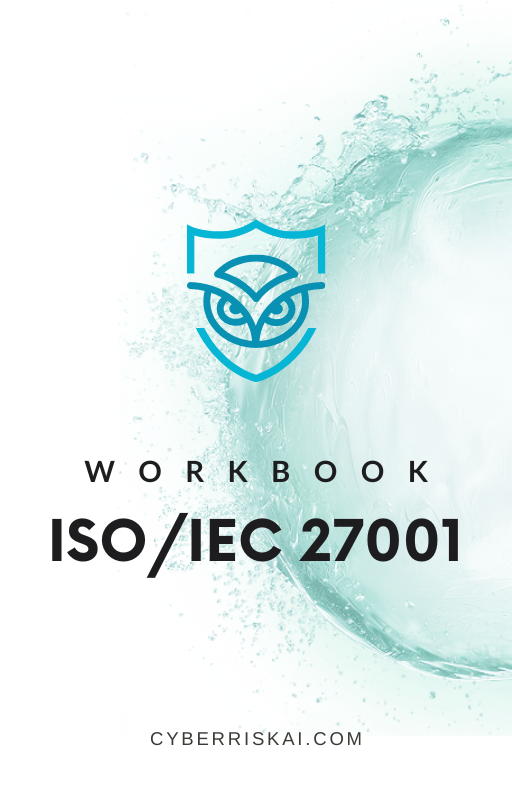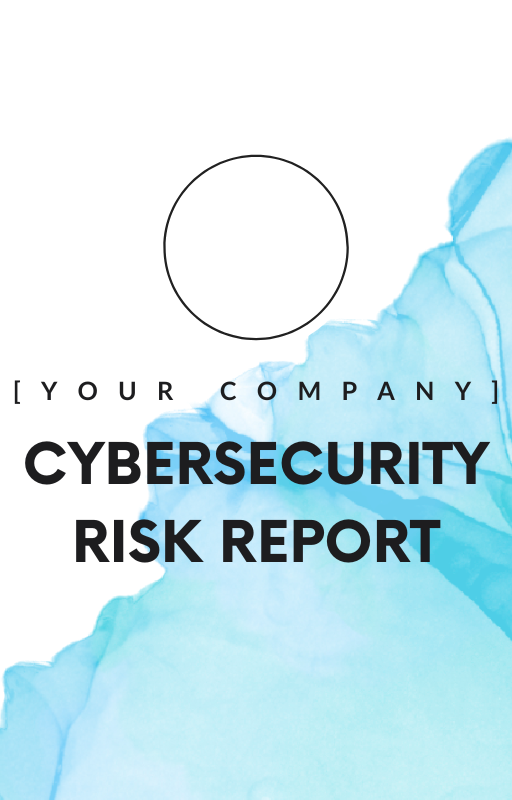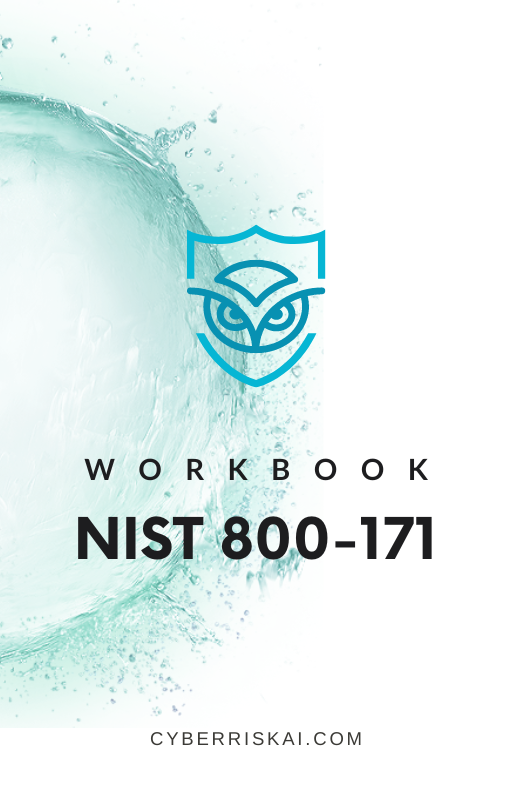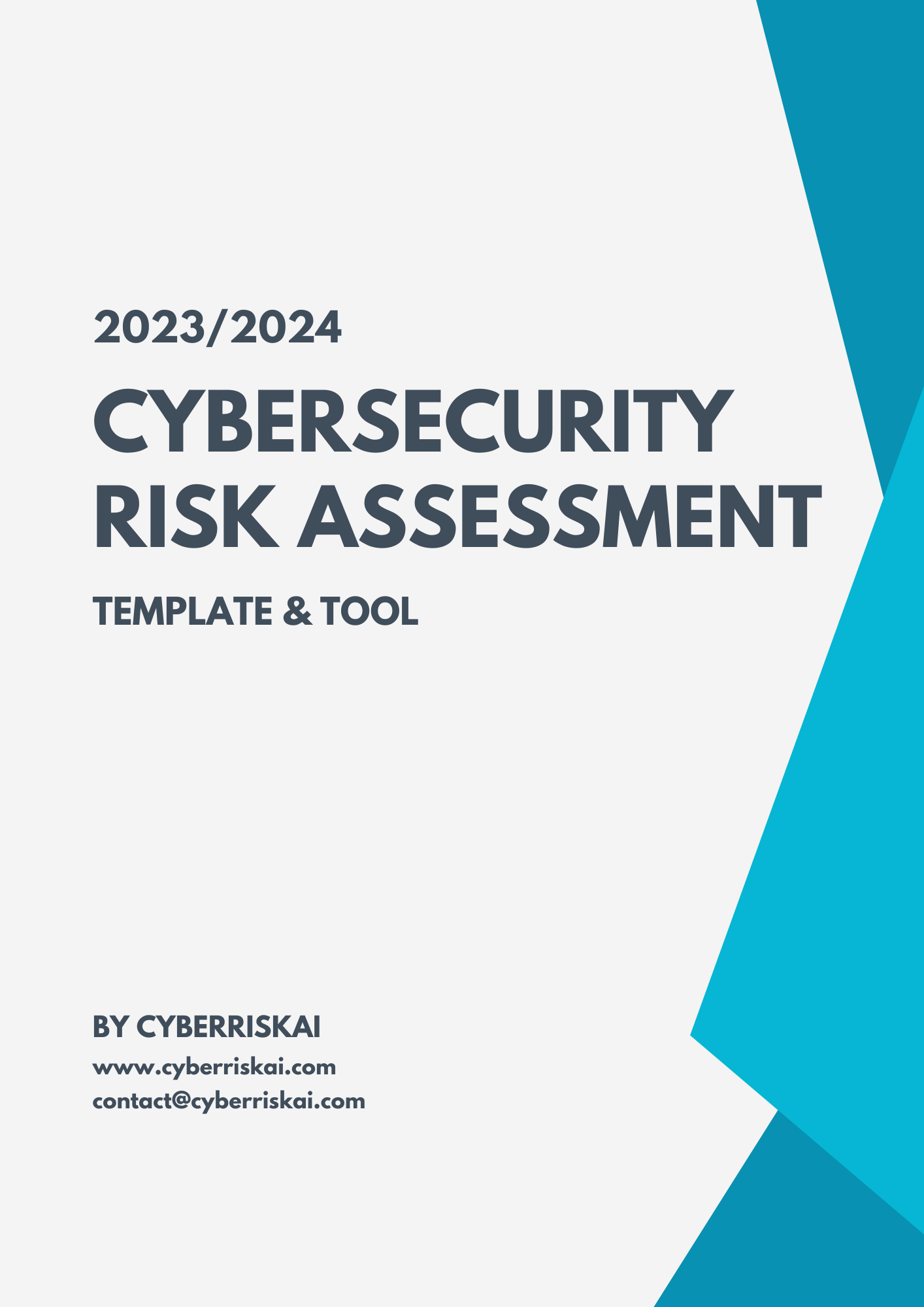NIST Certification: The Complete Guide
- What is NIST Certification?
- Steps to Get NIST Certification
- NIST Certification Cost
- Benefits of Having NIST Certification
What is NIST Certification
NIST Certification, also known as National Institute of Standards and Technology Certification, is a rigorous process that organizations undergo to demonstrate their compliance with the security standards outlined by NIST. NIST is a federal agency responsible for developing and promoting measurement, cybersecurity, and other technology-related standards.
Steps to Get NIST Certification
Obtaining NIST Certification involves several steps that organizations must follow to ensure they meet the required standards. While the exact steps may vary depending on the specific certification program, here are the general steps involved:
1. Determine Applicability
Organizations need to determine which NIST certification program is relevant to their industry and operations. Different programs focus on various aspects, such as data protection, cybersecurity, or privacy. It is essential to assess the applicability of the desired certification before proceeding.
2. Conduct Gap Analysis
Once the relevant certification program is identified, organizations should conduct a gap analysis to identify any areas where they fall short of the required standards. This analysis helps in understanding the areas that need improvement and allows organizations to create an action plan for addressing these gaps.
3. Implement Necessary Controls
Based on the identified gaps, organizations need to implement the necessary controls and measures to bring their systems and processes in line with the NIST standards. This may involve implementing specific security protocols, enhancing data protection measures, or adopting industry best practices.
4. Documentation and Evidence Gathering
Organizations must thoroughly document their processes, procedures, and controls to provide evidence of compliance during the certification process. This includes creating detailed records, policies, and manuals that demonstrate adherence to NIST standards.
5. Internal Audit
Before proceeding with the actual certification, organizations should conduct an internal audit to assess the effectiveness of the implemented controls. This helps in identifying any remaining gaps or areas for improvement.
6. External Audit and Certification
Once organizations are confident in their compliance, they can engage an accredited third-party auditor to conduct an external audit. The auditor evaluates the organization's practices, processes, and controls to determine if they meet the requirements for NIST certification. If successful, the organization receives the NIST certification.
NIST Certification Cost
The cost of obtaining NIST certification varies depending on several factors, including the certification program, the size and complexity of the organization, and the assistance required from external consultants. While NIST does not charge for the certification itself, organizations should budget for expenses related to:
- Gap analysis and consulting services
- Implementing necessary controls and security measures
- Training employees on NIST standards
- Documentation and record-keeping
- Internal audits
- External audit fees
The overall cost can range from a few thousand dollars for smaller organizations to several hundred thousand dollars for large enterprises with complex systems and processes.
Benefits of Having NIST Certification
Obtaining NIST certification offers several significant benefits for organizations:
Data Security and Risk Mitigation
NIST certification helps organizations establish robust security practices and protocols for protecting sensitive data. It enables them to identify and address potential vulnerabilities, reducing the risk of data breaches and other security incidents.
Industry Recognition and Competitive Advantage
NIST certification demonstrates an organization's commitment to security and adherence to industry best practices. It enhances the organization's reputation and distinguishes it from competitors, giving it a competitive edge in the market.
Regulatory Compliance
Many industries and governmental bodies require organizations to meet specific security standards and regulations. NIST certification helps organizations in demonstrating compliance with these requirements, avoiding legal and regulatory penalties.
Improved Customer Trust
NIST certification reassures customers and stakeholders that an organization has implemented necessary security measures to protect their sensitive information. It builds trust and confidence, leading to stronger relationships with clients and partners.
Enhanced Business Opportunities
Some government contracts and partnerships require organizations to have NIST certification. Attaining NIST certification expands business opportunities, allowing organizations to reach new markets and work with government agencies or contractors.
Continuous Improvement
The certification process encourages organizations to continuously evaluate and enhance their security practices. It fosters a culture of continuous improvement and ongoing risk management, keeping organizations proactive in addressing emerging threats.
Get NIST Certified
Overall, NIST certification builds trust among customers and stakeholders, demonstrating that the organization has implemented robust security measures to safeguard their data. This enhanced customer trust can result in stronger relationships and improved business opportunities. The benefits far outweigh the costs involved, making NIST certification a worthwhile investment for organizations of all sizes.
Get started with NIST certification by, get your hands on a copy of CyberRiskAI's NIST workbook which comes with an assessment report.



